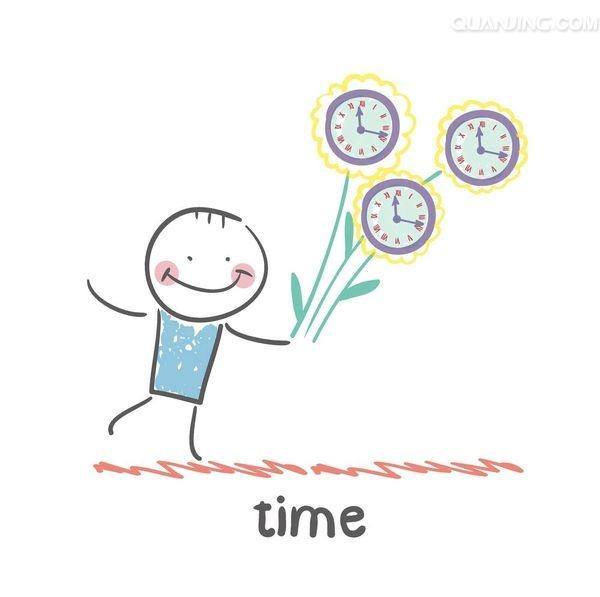Master Jingzong; English translation by Foying, edited by Jingxin
In this day and age, individuals and (especially) corporations obsessively emphasize the need for efficiency. Some would even say that efficiency equals life itself; as though without it one is condemned to mediocrity, failure and even premature death.
True efficiency is harmoniously following the ebb and flow of karma in whatever we do. There are times for swift action, and there are also times for a delayed response. We should do things at the right pace, neither too quickly nor too slowly. Great haste makes great waste.
By way of example, the Earth’s rates of rotation around the Sun and on its axis are constants. Can one compel these constants to change their rates, their “efficiency,” arbitrarily? No. Neither can one’s struggles to attain higher levels of efficiency truly succeed. Whatever benefit one appears to gain through strenuous effort will dissipate just as quickly. The methods designed to be most efficient may actually hamper one’s progress. Think about a river with a constant volume and rate of flow. Can one increase its speed by bailing out the water using gourds, buckets and basins? One may quickly ladle water from the river; but the small amount of water removed will be quickly replaced by the water rushing after it. One’s efforts will prove utterly futile.
Commercial production of vegetables and livestock may appear to flourish [using various new farming methods]. But loss of proper flavor and persistent poor health tell a different story. A young man may appear to make quick progress through desperate efforts; but the wasting diseases of middle age or old age slow him dramatically.
When efficiency is synonymous with quick success and instant gratification, it spells disasters for mankind.
Modern people, generally blinded by greed for quick gains, tend to suffer from agitation as well. In such cases, “slowing down” may be the best cure.

